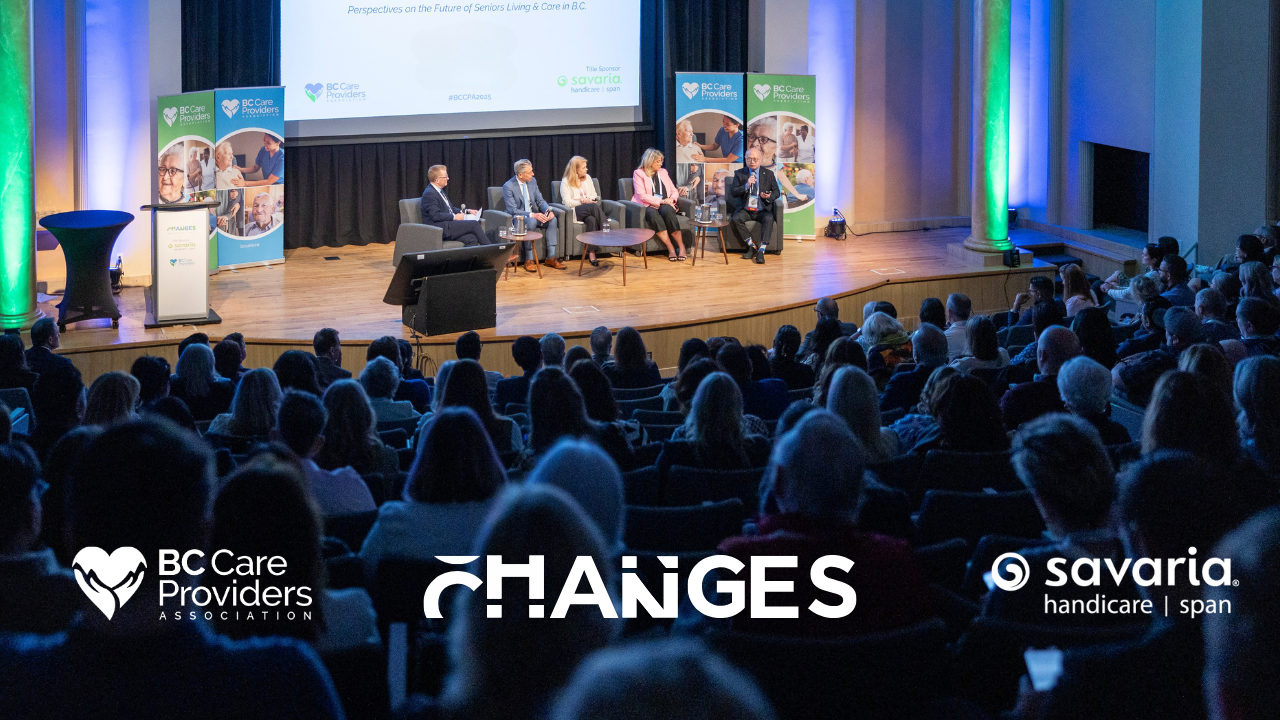The following article was published in The Globe and Mail on Dec. 1 and was written by Adriana Barton.
+++
 Kids get toys. Spouses drop hints about the gifts they hope to find under the tree. But what to give a friend or family member with dementia?
Kids get toys. Spouses drop hints about the gifts they hope to find under the tree. But what to give a friend or family member with dementia?
Even if short-term memory is spotty, chances are they still remember the fun of unwrapping a present on Christmas Day.
Gifts for people with dementia can be practical or playful. The main thing, experts say, is to consider the stage of dementia the person is in.
Dementia starts with mild memory loss, such as forgetting recent conversations and important events, and progresses over years or decades until the person can no longer care for his or her self. The disease affects about 7 per cent of Canadians over age 65, and 35 to 40 per cent of those over age 85, according to the Canadian Institutes of Health Research.
Here is a roundup of gift ideas tailored to the needs and cognitive abilities of patients at different stages, gathered from Alzheimer’s associations far and wide.
Early stage
In the early stage, cognitive changes such as memory loss and a failing sense of direction have begun to interfere with everyday life. Most people are aware of the changes they are going through, and appreciate gifts that support their autonomy and interests. Childish presents, such as overly simple puzzles, may feel demeaning. Good picks include:
- DVDs of the person’s favourite classic movies
- Magazine subscriptions and books that reflect the reader’s interests
- Memory aids, such as erasable white boards, pocket-sized notebooks, labels for storage containers, Post-it notes
- Clock with date and time in large type
- Automatic medication dispenser to help remind the person to take medication
- Gym membership or sessions with a personal trainer
Middle stage
People in the middle stage tend to have shorter attention spans, more severe memory loss and coordination problems. Gifts that focus on the familiar are ideal, such as:
- Adult colouring books (now so trendy they’re easy to find)
- Puzzles suited to the person’s skill level
- Picture books about favourite topics, such as nature or great wonders of the world
- Photo albums and objects related to the person’s life story (to encourage reminiscing)
- Craft activities that involve sorting, arranging or cutting
- Comfy, easy-to-remove clothing such as sweat suits; shoes with Velcro ties
Late stage
In the later stages of dementia, people may have hallucinations, mood swings, communication problems and an inability to process information. Gifts that enhance physical comfort, or trigger happy memories, may be the best bet, such as:
- Soft blanket, bathrobe or slippers in a favourite colour
- Nature videos that provide audio-visual stimulation
- Body lotions with a favourite scent
- Handmade or store-bought “Twiddlemuff,” a double-thickness hand muff with attached ribbons, buttons and beads, designed to offer tactile stimulation for patients with restless hands
- Visits from a well-behaved pet
At any stage of dementia, music lovers may enjoy recordings of their favourite tunes (as long as they’re playable on a device that’s easy to use). Research has shown that music is one of the best ways to rekindle memories and positive feelings in people with dementia.
Above all, specialists point out, people with dementia appreciate nurturing care, just like everyone else. The best present may be the gift of time and attentiveness, even if the recipient cannot be fully present with you.





